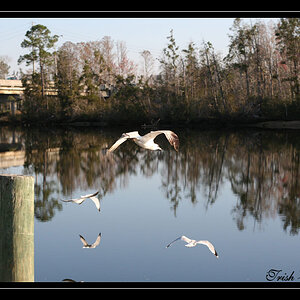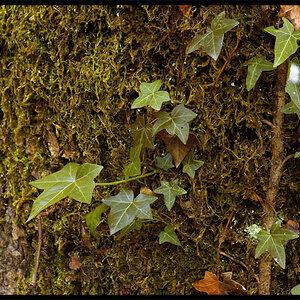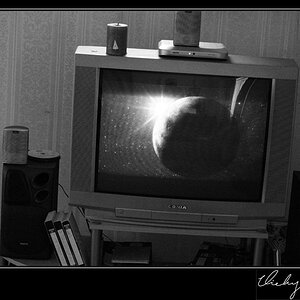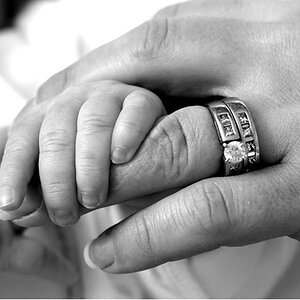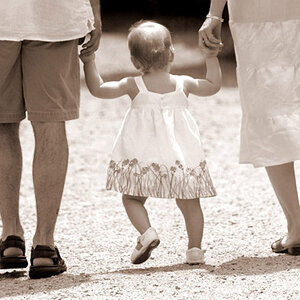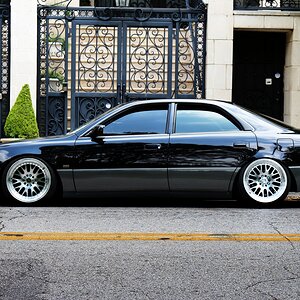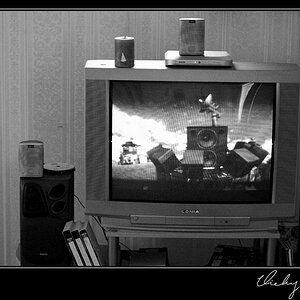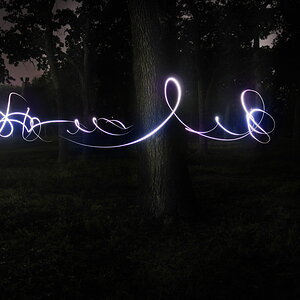- Joined
- Jun 7, 2012
- Messages
- 15,469
- Reaction score
- 7,848
- Location
- Central Florida
- Website
- www.flickr.com
- Can others edit my Photos
- Photos NOT OK to edit
I've used in a positive way in numerous critiques... to me a snap-shot is simply an image which has been captured on the spur of the moment, that is, one which is unplanned. Granted, it is used frequently in a negative/dismissive way, but it shouldn't be....Read any critique on this forum and find one where "snapshot" is used in a positive light.
"Frequently"?
That's like saying "I frequently get wet when I walk in the rain".
If I use the "N" word, but don't intend it to be negative or offensive, is it okay?
I submit that, in the reference of this movie "the last dragon" (great movie BTW, I miss the 80's) that the use of the "N" word was in fact, OK.
I was not offended at all by this. I don't think anyone was. and yet, there the "N" word is, for all to hear. and it was fine.
so yes. you can use the "N" word in a manner that is not intended to be negative or offensive, and actually HAVE it not be negative or offensive. It is possible.
Last edited by a moderator:



